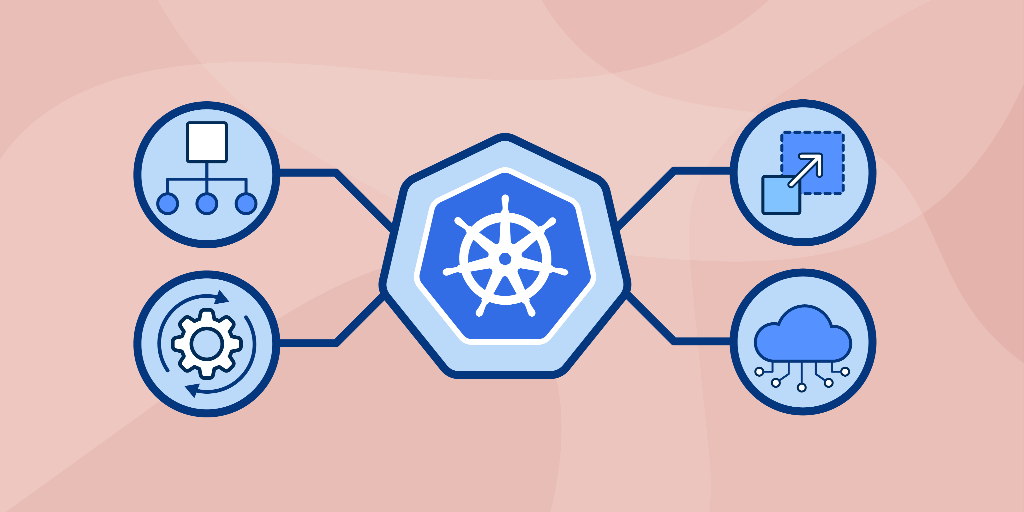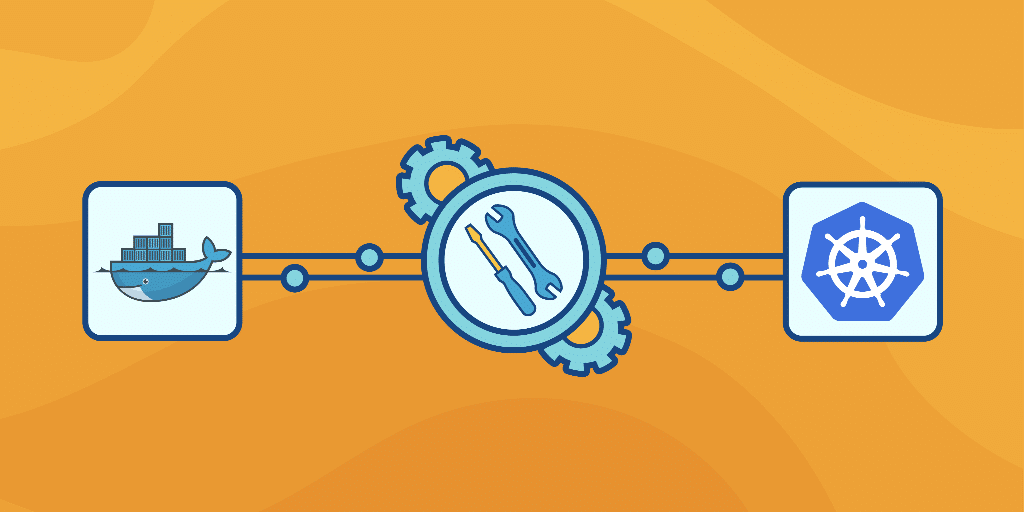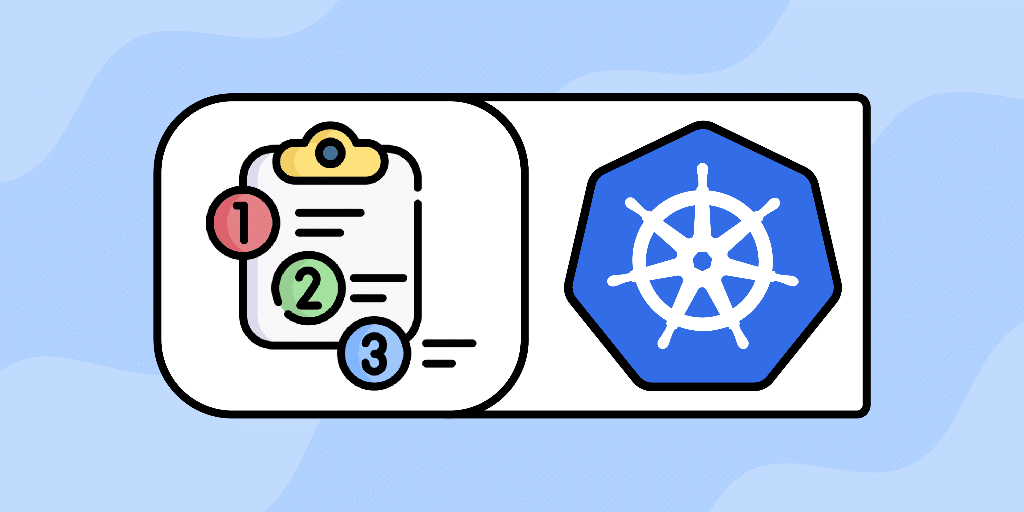
Introduction
This review examines the “Quick Start with Kubernetes – AI-Powered Course,” a focused online training designed to help learners create containerized applications, manage deployments across infrastructures, and prepare for more advanced Kubernetes topics. The course markets itself to busy developers, DevOps engineers, and IT professionals who want a fast yet practical introduction to Kubernetes with the help of AI-driven guidance and hands-on labs. Below I provide a detailed, objective assessment to help you decide whether this course is a good fit.
Overview
Manufacturer: AI-Powered Learning Labs (branding for the online course publisher)
Product category: Online technical training / E-learning course (Cloud & DevOps)
Intended use: Rapid onboarding to Kubernetes fundamentals, learning to containerize applications, deploy and manage workloads, and gain preparatory knowledge for more advanced Kubernetes study or practical cloud-native work.
Appearance, Platform & Design
As a digital product, appearance refers to the course platform, UI and learning materials. The course presents a clean, modern learning interface with:
- Readable typography, a neutral dark-on-light color scheme, and clear sectioning for lessons.
- Video lessons supplemented with slides, terminal recordings, and downloadable cheat sheets.
- An integrated interactive lab environment (browser-based sandbox) so you can run kubectl and deploy sample applications without installing local tooling.
- AI assistant chat panel embedded in the course to ask questions, request code snippets, and get step-by-step remediation when you hit errors.
Unique design features include the AI-driven tutoring layer that adapts hints to your skill level, an inline code validator for YAML manifests, and curated “playground” exercises tailored to each lesson. The overall aesthetic is functional and developer-focused rather than flashy — optimized for quick reference and practical hands-on work.
Key Features & Specifications
- Course length: Compact — designed for a quick start (approximately 6–10 hours of core content, plus optional labs).
- Format: Video lessons, slides, interactive browser labs, quizzes, and downloadable resources (cheat sheets, YAML templates).
- AI features: Context-aware assistant for Q&A, troubleshooting, and personalized practice suggestions.
- Hands-on labs: Browser-based Kubernetes sandbox with persistent state per exercise and pre-configured sample apps.
- Topics covered: Containers & images, kubectl basics, Pods/Deployments/Services, ConfigMaps & Secrets, rolling updates, basic scaling & health checks, namespaces, and a primer on networking and storage concepts.
- Prerequisites: Basic familiarity with the command line and container concepts (Docker basics recommended but not required).
- Certification: Completion certificate available (useful for resumes but not a vendor-neutral Kubernetes certification).
- Platform access: Web-based; works in modern browsers. Some labs emulate common cloud provider environments (EKS/GKE/AKS-like scenarios).
Using the Course: Real-World Experience Across Scenarios
1) Absolute beginner with containers
For learners who know little about containers, the course provides a concise ramp-up. The early modules explain images, container lifecycles and show how to build a simple container image. The pace is brisk but the AI assistant fills in gaps if you ask for simpler explanations. The browser labs remove friction because you don’t need to install Docker or Kubernetes locally.
2) Developer converting a microservice to Kubernetes
If your goal is to containerize a service and deploy it, the course excels at practical steps: crafting Dockerfiles, creating Deployments, exposing Services, and verifying readiness and liveness probes. The sample walkthroughs are realistic and include common pitfalls (e.g., port mismatches, image pull failures) with guided troubleshooting. The inline YAML validator is helpful to catch indentation and schema errors quickly.
3) DevOps engineer prepping for production concepts
The course gives a solid conceptual foundation for production topics (rolling updates, resource requests/limits, basic RBAC and namespaces). However, it does not replace in-depth production-hardening training: advanced topics like network policies, custom controllers, CNI internals, persistent storage backends, and cluster lifecycle management are only introduced at a high level. For production readiness you’ll need follow-up modules or hands-on cloud provider experience.
4) Interview preparation / certification primer
As a quick review for interviews or as a stepping-stone toward vendor certification, the course is effective. The quizzes and scenario-based labs mimic common interview questions. That said, it’s not positioned as a full certification course; treat it as a rapid competency booster, not full exam prep.
5) Learning on the go / limited time
The compact structure and focused lessons make this course convenient for busy learners. Short videos and targeted labs mean you can make steady progress in short sessions. The AI assistant helps troubleshoot quickly when time is limited.
Pros and Cons
Pros
- Fast, practical curriculum geared toward immediate hands-on outcomes.
- Integrated browser-based labs eliminate local setup barriers.
- AI assistant provides helpful, context-aware troubleshooting and explanations.
- Good balance between conceptual explanations and applied exercises.
- Readable materials and downloadable cheat sheets for quick reference.
- Useful for developers, DevOps newcomers, and interview prep.
Cons
- Not a substitute for deep production-oriented training—advanced topics are treated at a high level only.
- Some AI assistant responses can be generic or require refinement for complex troubleshooting.
- Browser sandbox has limits compared with a full cloud provider environment (e.g., no multi-node cluster performance testing or extensive CNI options).
- Completion certificate is vendor-specific and not an official Kubernetes certification.
Conclusion
Quick Start with Kubernetes – AI-Powered Course is a well-designed, pragmatic offering for people who want to get productive with Kubernetes quickly. Its strengths are the hands-on browser labs, focused lesson flow, and the AI-driven assistance that accelerates learning and troubleshooting. This course is particularly valuable for developers and junior DevOps engineers who need practical skills fast or those prepping for interviews.
However, if you require in-depth, production-grade expertise (cluster lifecycle management, advanced networking, storage architectures), this course should be viewed as an efficient starting point rather than a complete solution. Overall, it’s a worthwhile investment for the target audience: fast, practical, and effective for getting up to speed with Kubernetes fundamentals.
Reviewer note: The review reflects the course’s approach and relative strengths and limitations. If you rely heavily on cloud-provider-specific workflows, verify the lab compatibility with your provider or supplement with provider-specific tutorials after completing this course.







Leave a Reply